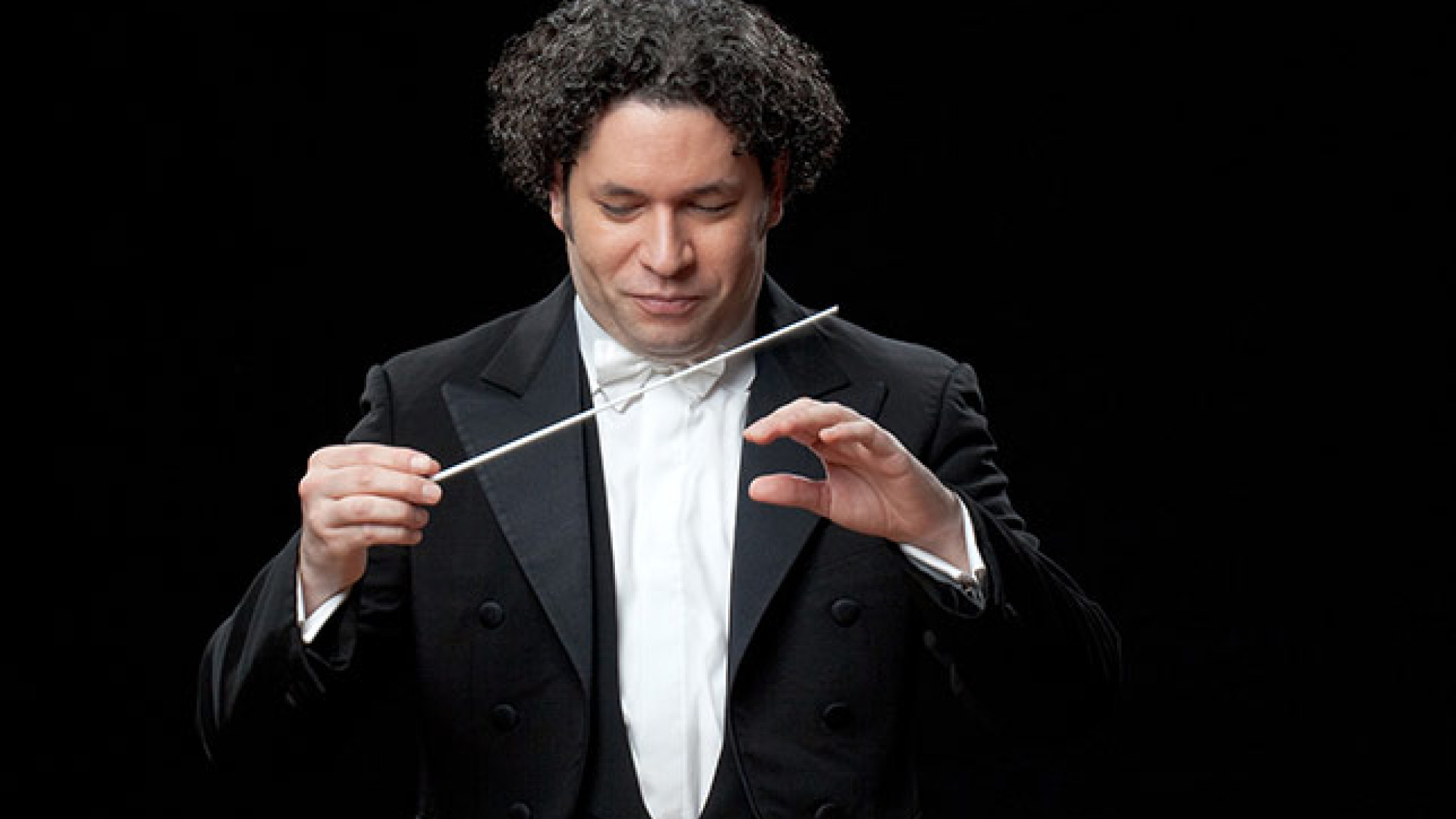
Introduction: The Significance of Gustavo Dudamel
Gustavo Dudamel, the renowned Venezuelan conductor, has become a pivotal figure in the classical music world. With his dynamic leadership, he has not only captivated audiences globally but has also played an influential role in music education and outreach. His journey from the streets of Venezuela to the world’s most prestigious concert halls highlights the transformative power of music and its ability to connect cultures.
The Rise of a Maestro
Dudamel was born in 1981 in Barquisimeto, Venezuela, and began his musical education with the El Sistema programme, which provides music education to children from disadvantaged backgrounds. At just 26, he became the music director of the Los Angeles Philharmonic, where he has made a considerable impact since his appointment in 2009. His innovative programming and charismatic conducting style have attracted a diverse audience, helping to reinvigorate interest in classical music.
In recent months, Dudamel has garnered attention for his performances that bridge traditional classical repertoire with contemporary works. His interpretation of Shostakovich’s symphonies and Beethoven’s masterpieces has been praised for its emotional depth and technical brilliance. Furthermore, he has been at the forefront of bringing music to younger audiences, collaborating with artists spanning various genres, thus expanding the reach of classical music.
Advocate for Music Education
Dudamel’s commitment to music education is evident through his initiatives like the LA Phil’s “Youth Orchestra Los Angeles” (YOLA), which aims to provide children in underserved communities with access to high-quality music education. This commitment not only nurtures talent but also instills a sense of discipline and creativity, producing well-rounded individuals.
In September 2023, Dudamel announced new collaborations with educational institutions across Europe and the Americas, emphasising the importance of music in fostering social change. He believes that music is a universal language that can bridge divides and promote mutual understanding among diverse communities.
Conclusion: The Future of Classical Music with Dudamel
As Gustavo Dudamel continues to push the boundaries of classical music, his influence is expected to grow. With plans for international tours and innovative projects aimed at engaging future generations, the maestro is poised to leave a lasting legacy in the music world. Readers can look forward to his initiatives that not only celebrate the heritage of classical music but also ensure its evolution alongside contemporary society. Dudamel is redefining what it means to be a conductor in the 21st century, proving that passion coupled with purpose can indeed change the world.
You may also like

The Evolving Career of Louis Tomlinson

Jay Z: The Evolution of a Music Legend

The Lasting Legacy of Amy Winehouse
SEARCH
LAST NEWS
- Danhausen: The Misstep of WWE’s Enigmatic Debut at Elimination Chamber
- West indies vs india: India Secures Semi-Final Spot with Thrilling Victory
- Rangers vs celtic: Thrilling Old Firm Clash Ends in Dramatic 2-2 Draw
- Man united vs crystal palace: A Thrilling Comeback at Old Trafford
- St. david’s day: Celebrating Heritage and Unity at Llandaff Cathedral